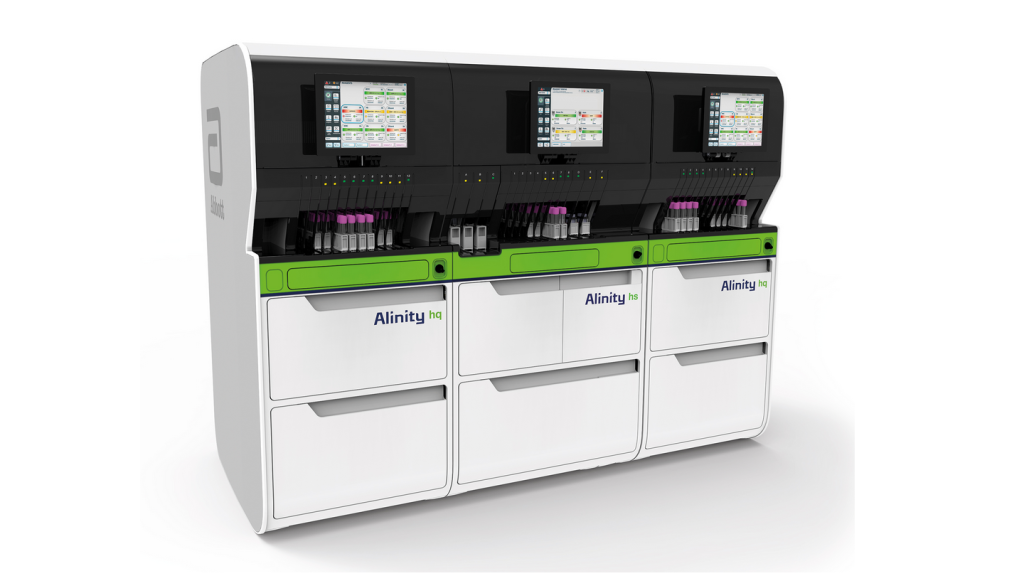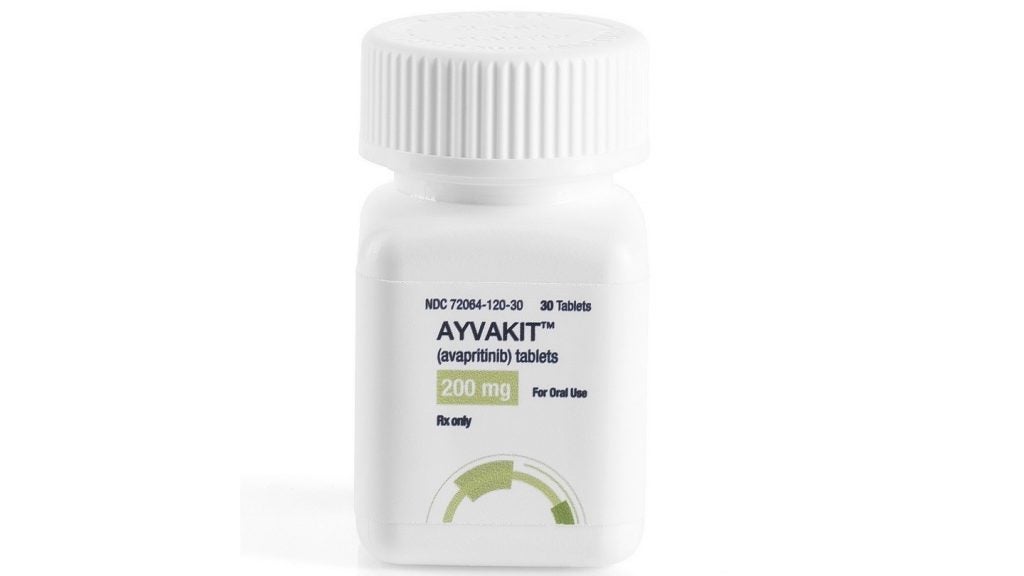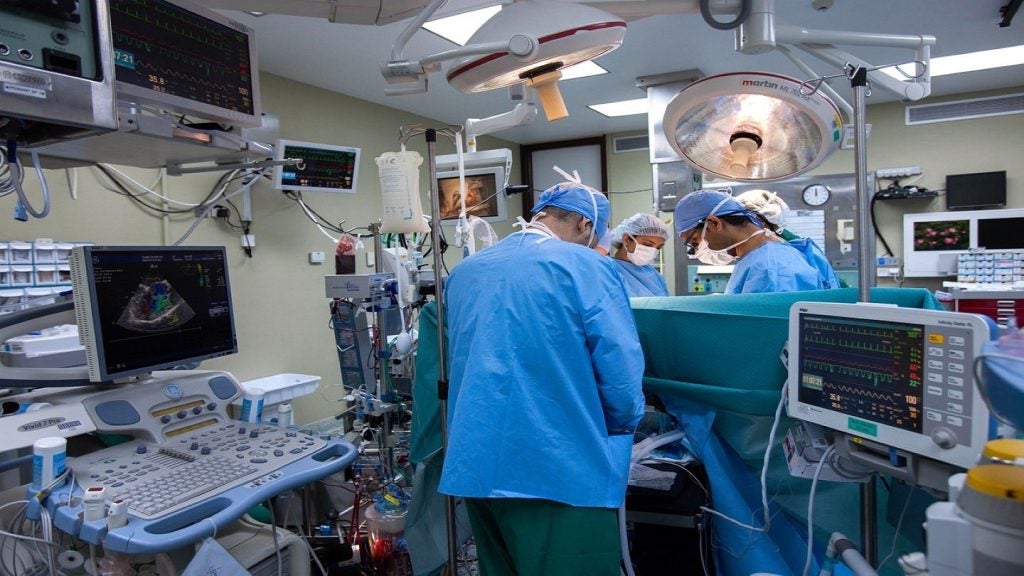Abbott has received approval from the US Food and Drug Administration (FDA) for its advanced Alinity h-series haematology system.
With the approval, laboratories can utilise the system for running patients’ complete blood counts (CBC).
The Alinity h-series consists of an automated haematology analyser called Alinity hq and an integrated slide maker and stainer, Alinity hs.
Alinity hq leverages MAPSS technology that utilises light scattering for differentiating cellular features and detecting various blood cells.
Hospitals and laboratories throughout the US can easily integrate the haematology system into their current core lab operations.
The system has the potential to process up to 119 CBC results per hour and loads samples from the front and a laboratory automation system.
Designed to reduce occupied floor space, it provides hands-off maintenance to labs for easily scheduling automated daily and weekly cleanings.
For lowering manual intervention, the system also integrates the slide maker with the analyser.
Furthermore, the system centralises results and control functions at a single point and offers customisable reports and rules for systems.
Abbott core diagnostics business executive vice-president Louis Morrone said: “US healthcare systems have experienced significant resource constraints and rapidly shifting dynamics post-pandemic.
“The Alinity h-series system, as with the entire suite of Alinity products, was developed to transform the way laboratories run tests so they can focus on their most important mission: the delivery of patient care.”
In the US, the Alinity portfolio also consists of Alinity m (molecular), Alinity s (transfusion), Alinity ci (clinical chemistry and immunoassay) and the point-of-care i-STAT Alinity.
















